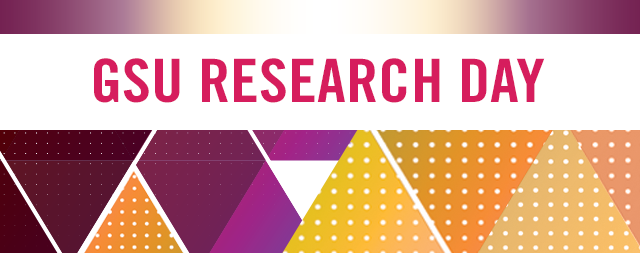Type of Presentation
Event
Location
D34000
Start Date
4-1-2016 10:15 AM
End Date
4-1-2016 10:30 AM
Abstract
Ariely (2009) explores the concept of zero cost and how that effects consumer behavior. He shares his experiences, experiments, research findings that support his theory that people behave predictably irrational when faced with FREE products, promotional gifts and other zero cost offers. This is an important concept in Marketing. With this knowledge marketers can potentially anticipate consumer reactions to their offerings and gauge when and how the consumer’s response for such FREE items will benefit or cost them.
Marketers could use these concepts of FREE and zero cost to their advantage. However there is research suggesting that there is a timing component to consider in making this an effective strategy. In my research, I would like to expand on this factor. In their paper (2011), Ni, Tsung-Chi Liu and Feng-Yu conducted experiments to see how consumers responded to purchasing an item after missing a FREE promotional opportunity. The results of their experimentation demonstrated that consumers are less likely to purchase an item regardless of price and discount when they have missed the initial product or service offered at zero cost. These findings would help marketers strategize their promotions better. Marketers would need to consider when and how to offer these FREE promotional deals so that a product does not lose its value.
Presentation File
wf_yes
Presentation Slides
Free, Too Good to Pass Up
D34000
Ariely (2009) explores the concept of zero cost and how that effects consumer behavior. He shares his experiences, experiments, research findings that support his theory that people behave predictably irrational when faced with FREE products, promotional gifts and other zero cost offers. This is an important concept in Marketing. With this knowledge marketers can potentially anticipate consumer reactions to their offerings and gauge when and how the consumer’s response for such FREE items will benefit or cost them.
Marketers could use these concepts of FREE and zero cost to their advantage. However there is research suggesting that there is a timing component to consider in making this an effective strategy. In my research, I would like to expand on this factor. In their paper (2011), Ni, Tsung-Chi Liu and Feng-Yu conducted experiments to see how consumers responded to purchasing an item after missing a FREE promotional opportunity. The results of their experimentation demonstrated that consumers are less likely to purchase an item regardless of price and discount when they have missed the initial product or service offered at zero cost. These findings would help marketers strategize their promotions better. Marketers would need to consider when and how to offer these FREE promotional deals so that a product does not lose its value.


Other Presentation Disciplines:
Dr. Pam Mohanty is an Assistant Professor of Marketing in the College of Business. Ms. Megan Balabon is an undergraduate student in Interdisciplinary Studies in the College of Arts and Sciences.